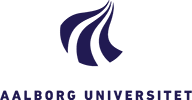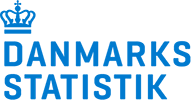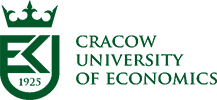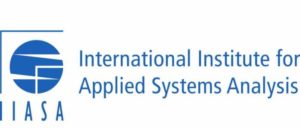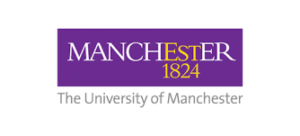Partners
Here is an overview of the members in the consortium behind the Future Migration Scenarios for Europe project, with a brief intro and a presentation of their tasks in the project.
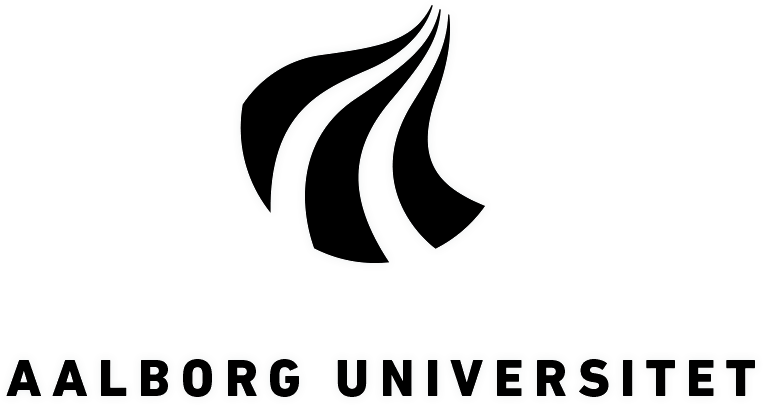
Aalborg University Copenhagen
Aalborg University (AAU) is Denmark’s third-largest university. The Geoinformatics research group under the Department of Planning at Aalborg University’s Copenhagen campus is involved in several EU-funded projects dealing with monitoring, analysing, and modelling the environment. Besides, the Geoinformatics group is involved in a large national migration project and has long experience in micro-level population projections.
AAU is responsible for the project coordination and the scientific work on the spatial modelling of migrant settlement patterns using machine learning.
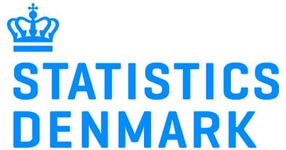
Statistics Denmark
Statistics Denmark (DST) is the official Danish Statistical Office. The main task of Statistics Denmark is to collect and analyse data in order to produce and disseminate official statistics. The Unit for Demographic Statistics produces all official population statistics in Denmark based on data from administrative registers.
DST leads the work with thematic studies in the project and is responsible for the tasks related to the model training and optimization, as well as the study on migration and residential segregation in European cities.
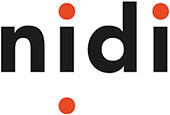
Royal Netherlands Academy of Arts and Sciences / Netherlands Interdisciplinary Demographic Institute
NIDI builds and maintains an international knowledge infrastructure of population issues to address the challenges that demographic developments pose to individuals and society.
NIDI is responsible for developing the migration scenario narratives on global and regional levels that are a major part of the project.

National Research Council of Italy / Institute for Research on Population and Social Policies
The Institute for Research on Population and Social Policies of the Italian National Research Council (CNR) operates primarily within the scientific sectors of population studies, political and social sciences, and information sciences.
In the project, the CNR team analyzes the main drivers of international migration and contributes to developing the migration scenarios.

Nordregio
Nordregio is an international research institute in the broad field of regional studies and planning, established by the Nordic Council of Ministers.
Nordregio focuses on gathering, assessing, harmonizing and mapping all relevant data that is needed for the project; as well as on communicating and disseminating project results.
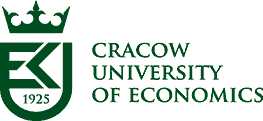
Cracow University of Economics
Cracow University of Economics (CUE) is a public university focusing on research and teaching related to economics, management and social sciences. It is one of the largest business universities in Central Europe.
In the project, CUE’s role is to analyze migration patterns and residential segregation in Central and Eastern Europe.
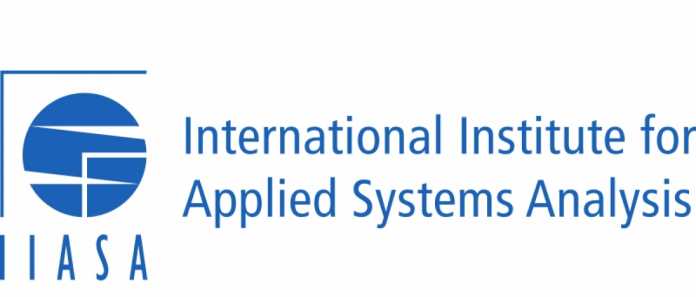
International Institute for Applied Systems Analysis
The International Institute for Applied Systems Analysis (IIASA) is an independent, international research institute with National Member Organizations in Africa, the Americas, Asia, and Europe.
IIASA leads the work on migration projections and is responsible for the task dealing with migration scenario narratives, as well as data collection on migrants and migration.
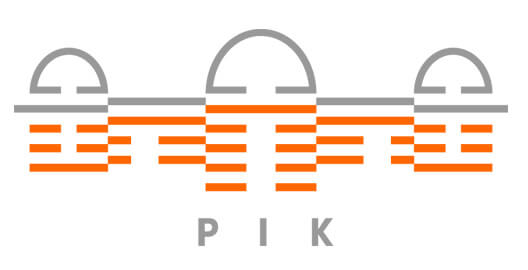
Potsdam Institute for Climate Impact Research
The Potsdam Institute for Climate Impact Research (PIK) is a non-profit research institute addressing crucial scientific questions in the fields of global change, climate impacts and sustainable development.
PIK leads the task on data collection of environmental conditions and climate impact, as well as developing international migration projection model.
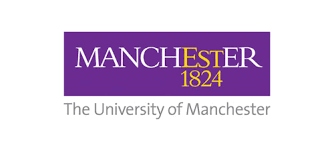
The University of Manchester
The University of Manchester (UoM) is a leading university in the United Kingdom, employing 12,000 people including 7,000 academics.
UoM assists in the data harmonization task, carries out Delphi surveys and the study on estimating migrant stocks and flows with new temporal definitions.

